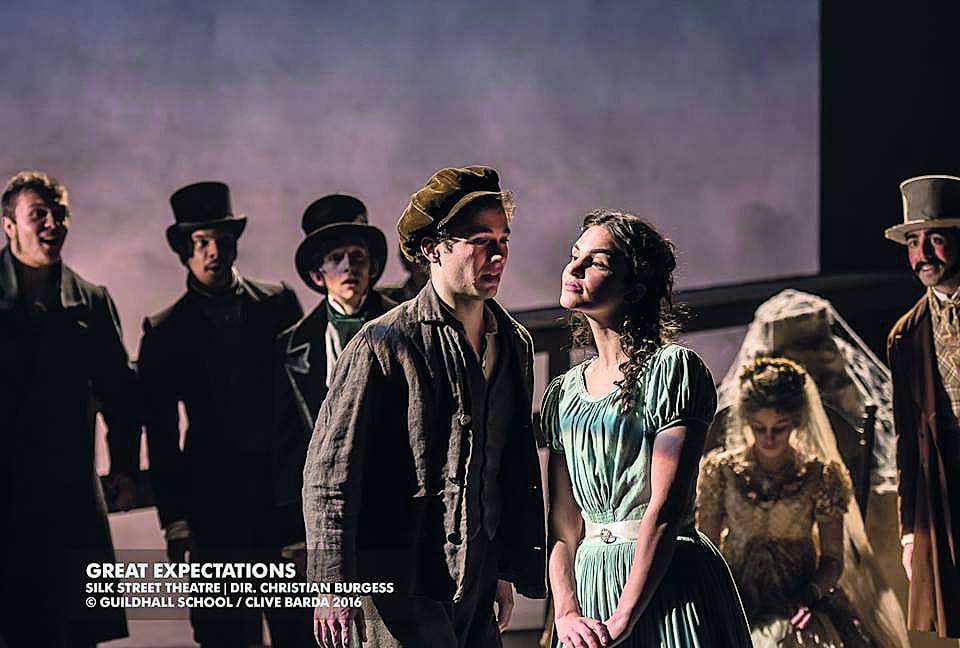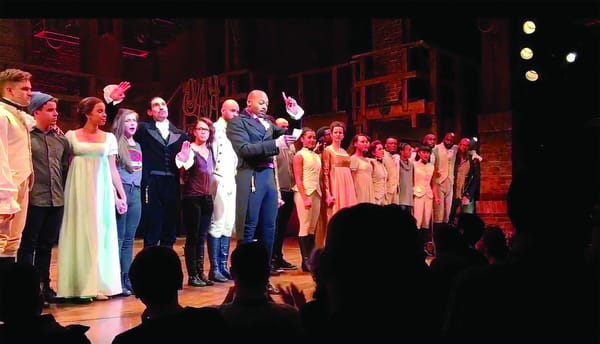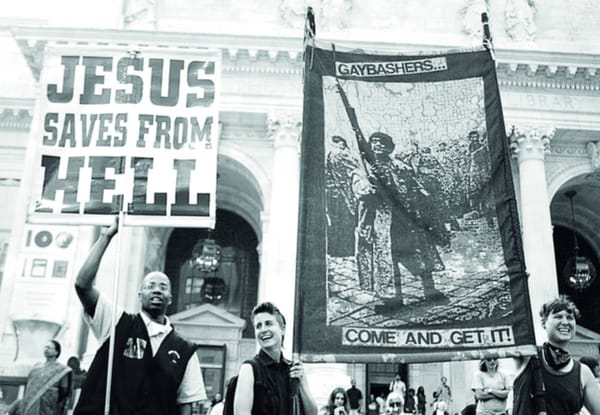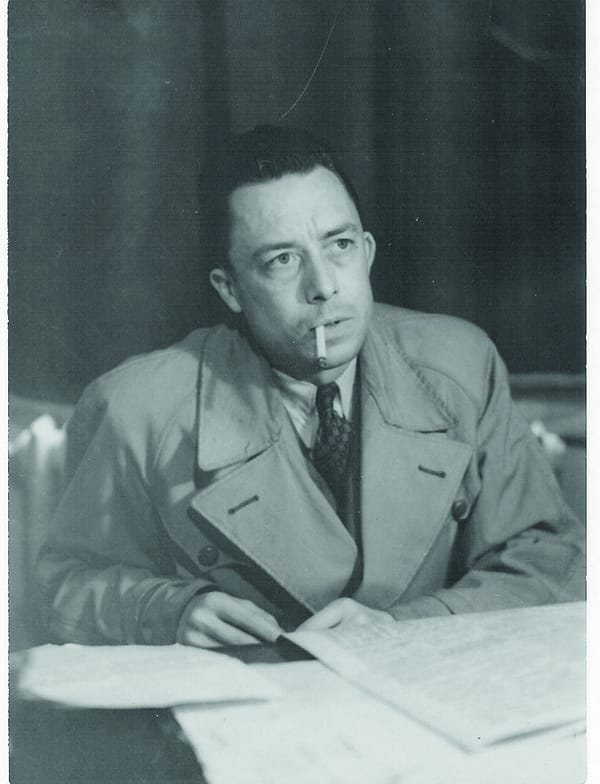Great Expectations | A worthy adaptation
Christian Burgess delivers a no frills production of Great Expectations superbly carried by convincing performances and slick directing

The advice of Mr Jaggers is "Take nothing on its looks; take everything on evidence. There’s no better rule." It is keenly observed by Christian Burgess who delivers a no frills production of Great Expectations superbly carried by convincing performances and slick directing.
Great Expectations is Dicken’s penultimate novel and perhaps his most assured; by 1860 Dickens had acquired considerable life experience – he had separated from his wife Catherine Dickens, and was concealing a surreptitious affair with the much younger Ellen Ternan – this is channelled into the capricious affairs of young Pip along his journey toward adulthood. Many of the novel’s themes reflect the Victorian Britain in which it is set: social injustice, poverty, a gothic depiction of the waning aristocracy. Others are timeless characteristics of the bildungsroman: unrequited love, disenfranchised youth, pride, ignorance, and catharsis.
Burgess tactfully navigates these themes to give a balanced performance. For those who know the novel well, there is admirable continuity. The dialogue is lifted directly from the text and the sparse set design leaves the imagination to conjure up the story’s many vivid settings, firmly ingrained in our subconscious from the descriptions in the book. A general atmosphere of foreboding is maintained by Andy Taylor’s droning orchestral score and the troop of actors who, when not performing, stand automaton-like on stage, mirroring Pip’s reactions to the unfolding drama.
This quirk is used effectively to narrate the play; the same actors deliver Pip’s inner monologue as we move from scene to scene. This gives an impetus to the plot and paces the performance excellently, the entire performance is no more than two hours yet covers most of the intricacies in the novel. One disappointing omission are the scenes at Wemmick’s castle, and the development of Wemmick’s eccentricity is largely neglected throughout the play, but given the constraints of time this is justified.
During the performance, once again, I was reminded of why Guildhall is considered a world leading conservatoire. The calibre of talent was very high: Luke Thallon’s portrayal of Mr. Jagger was superbly imperious and undemonstrative. It is rare that after reading a novel, our perception of a character is improved by another’s interpretation: this was a first for me, and I look forward to seeing how the career of this young actor progresses. Also notable were Rupert Henderson and Amelia Strohm, who played Pip and Estella respectively. In many ways the complexities of the plot hang on the relationship between these two characters, and the actors bore the weight of this burden admirably. Pip’s transformation from a blacksmith’s apprentice to a besotted gentleman was achieved seamlessly, his performance confident and funny throughout. Estella was played with a solemnity and nobleness that reminded me of the woman with ‘beauty like a drawn bow’ that Yeats describes in No Second Troy. Their relationship was convincing, tragic and provided a firm foundation for the rest of the actors to work from.
When Dickens first conceived the plot of Great Expectations, he called it ‘a very fine, new and grotesque idea’. The more I review shows, I am starting to recognise that successful dramas share aspects in common. Great Expectations may be grotesque, and it certainly is fine, but it is not entirely new; the fundamental principles upon which good plot, character and story are based on never change. According to E.M Forster: “The final test of a novel will be our affection for it, as it is of anything which we cannot define.” The care put into a performance like this demonstrates why Great Expectations deserves its reputation as a classic.









